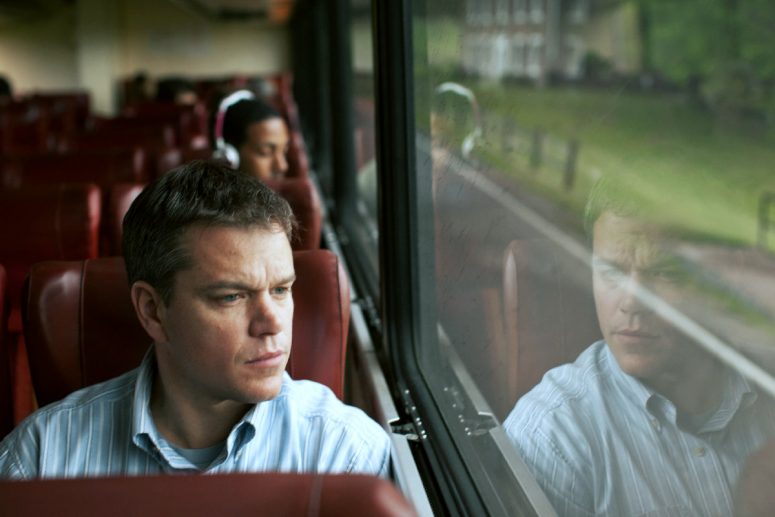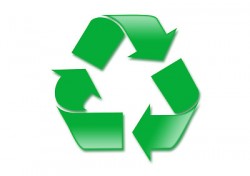
I used to be a night owl. But after waking up groggy for three decades, I learned in my 30s to embrace sleep, if not be selfish with it—i.e. I rarely if stay up past 10 or 11 now, even on weekends.
Since then, I’ve accomplished signficantly more, especially on mornings and weekends, which I used to let slip by. How do I do it?
These are the rules that I live by, according to science: Continue reading…

Courtesy Focus Features
Oil will not run out for a very long time. If or when it eventually does, we will just manufacture it from coal. That’s according to respected UC Berkley physicist Richard Muller.
Granted, Muller is neither an energy expert or clairvoyant. But as a top Quora writer, he’s one of the most educated and smartest persons I’ve read on a range of subjects.
So what might the future of energy look like? Because it runs circles around the power and convenience of other energy sources—seriously, oil’s potency is remarkable—the black gooey substance will remain the go-to-source for mobile transportation with nuclear powering an increasing amount of the grid. Continue reading…
[youtube]http://www.youtube.com/watch?v=B9qCLs8txBo[/youtube]
A smart thermostat from Nest.
 If you listen only to Chicken Little environmentalists, you might think America has done little to help save the planet for future generations.
If you listen only to Chicken Little environmentalists, you might think America has done little to help save the planet for future generations.
On the contrary, the country has contributed quite a bit, experts say. In the last 20 years, U.S. engineers have either improved less sustainable technologies or helped revive previously impotent ones such as wind and solar, says Joel Balbien, managing director at GreenTech Consulting.
“Cheap and powerful silicon has led to enormous energy savings in other sectors of the economy, ranging from vehicles to aircraft and office buildings,” Balbien says.
In fact, America gets a lot more bang for its energy buck now than it did in 1991, and that includes clean fuels such as biodiesel and ethanol blends that “extend fossil fuels and reduce emissions,” said Joey Shepp, sustainable programs director at Dominican University of California.
What that means is the planet can do more with less. It also buys scientists more time to identify and adopt more sustainable energy, as society continues to burn through finite amounts of decomposed dinosaurs (i.e. fossil fuels).
Continue reading…



 If you listen only to Chicken Little environmentalists, you might think America has done little to help save the planet for future generations.
If you listen only to Chicken Little environmentalists, you might think America has done little to help save the planet for future generations.